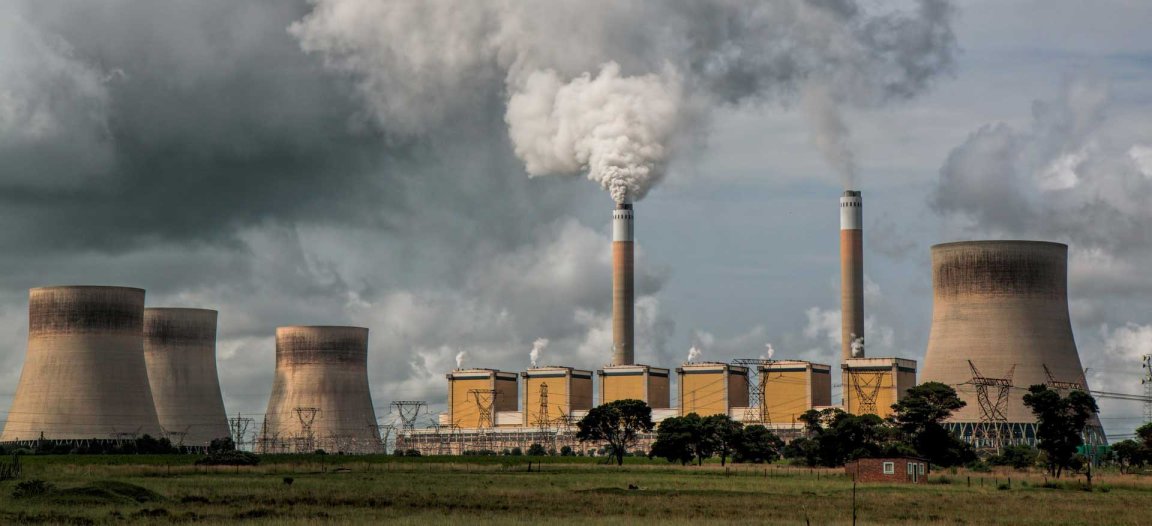
Carbon Neutral Continent
Eurelectric, a major trade body which represents 3,500 power companies throughout Europe has made a crucial announcement regarding the path toward carbon neutrality. The electricity industry group has announced that it has accelerated its aim to supply carbon-neutral energy to “well before” 2050. This reiteration of commitment was laid out in the group’s new long-term vision.
Eurelectric aims to achieve a “competitive reliable carbon-neutral electricity mix” before the middle of the century. The statement supports initiatives that will ensure a “fair transition” to allow for the effective management of geographical and social impacts resulting from the transition.

This transition involves the investment in clean power, supporting the development and implementation of smarter grid technology, and the reduction of emissions from other sectors like heating and transport. Alistair Philips-Davies, vice president at Eurelectric and CEO of SSE declared that “The investment required in clean electricity and transition-enabling technologies is huge. This statement reflects our full commitment to invest in innovation, to build new cross-sector business models, and ensure that electricity keeps creating value in decades to come,” in a statement. The commitment also calls on policy-makers to do their part in making this vision a reality.
Moving Europe Forward
More businesses have begun to embrace renewable energy as its prices continue to drop and building new renewable-energy-generating operations are becoming cheaper than maintaining existing fossil fuel burning plants. Efforts to move toward cleaner energy allow cost savings, especially in the long-run, across the board.
There is no exact timeline for the new outlook to complete its goals. However, this plan is an update on a previous initiative announced in 2009 which set the middle of the century as the goal. The new plan accelerates this goal and the result of this could lead to a cleaner Europe years before we previously thought possible.